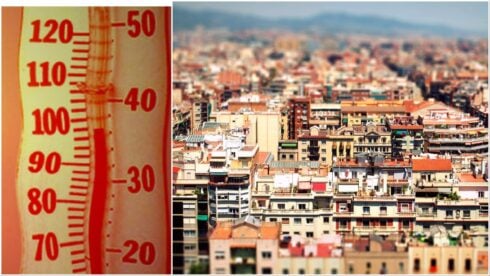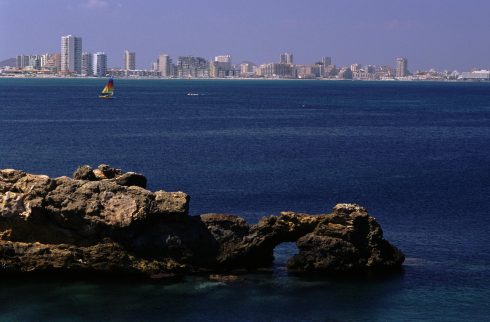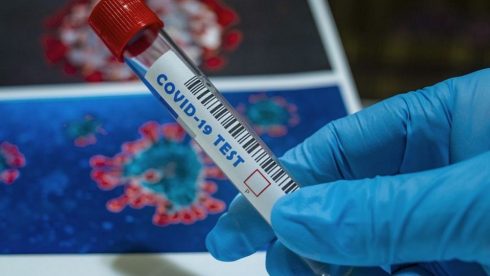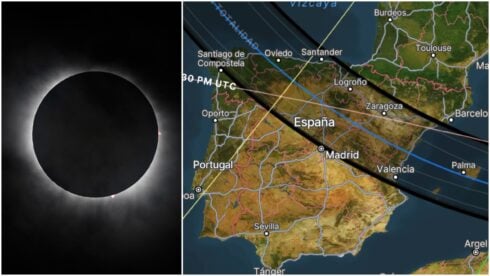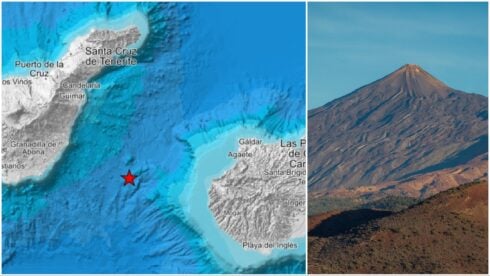A TEAM of Valencian scientists has developed a new system to diagnose crop infections that can greatly reduce the use of pesticides.
The technology created by Ainia relies on artificial intelligence and can be mounted on drones and terrestrial vehicles, such as tractors, to take 3D shots in real time of fruit trees and other crop plantations.
With the information obtained, farmers can check for any infections or pests, and accurately calculate the type and minimum amount of chemical pesticides needed to treat them.
It will also enable landowners to check water requirements and drought conditions, leading to a more precise allocation of resources.
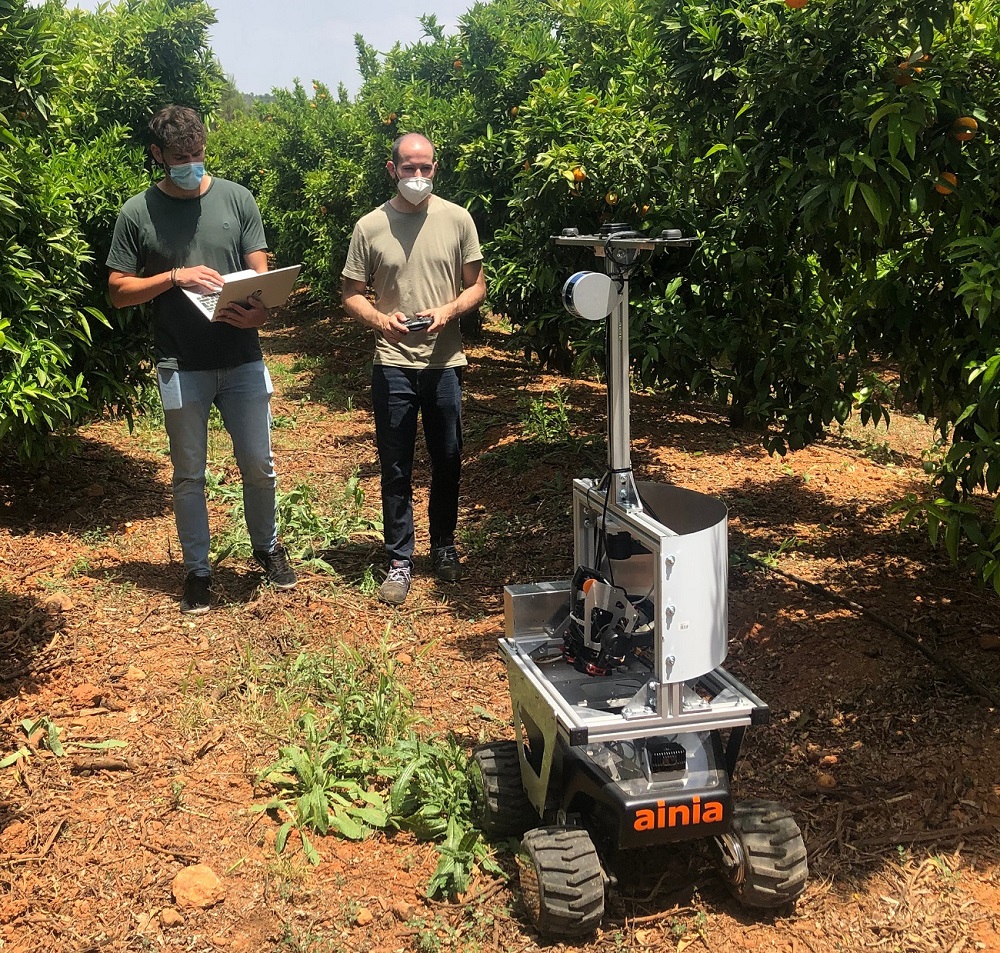
Ainia believes that the system will help reduce pesticide use by 10% to 60% depending on the type of crop, as well as cutting working hours and the amount of fuel used by agricultural machinery.
The project is part of Ainia’s contributions towards the so-called ‘agriculture 4.0’ – a drive to update and transform farming using modern technology – with the aim of complying with the United Nations’ (UN) Agenda 2030 and Sustainable Development Goals by making a better use of resources, saving energy and fuel, and reducing environmental impact.
According to the UN, demand for food will increase by 70% over the next 30 years, with climate change and pollution resulting in a drop in crop production of between 10% and 50%.
This would severely threaten global food supplies, requiring crops to improve and increase production plus limiting their impact on the environment.
The technology developed by the Valencian institute is just one of many investigation projects currently underway around the world to reach this goal.
READ MORE:
- EU to help fund €1.2 billion conservation project saving agriculture in Spain’s Valencia Region
- FROM FARM TO FORK: EU announces farming overhaul to improve animal welfare and tackle climate change
Click here to read more Environment News from The Olive Press.


